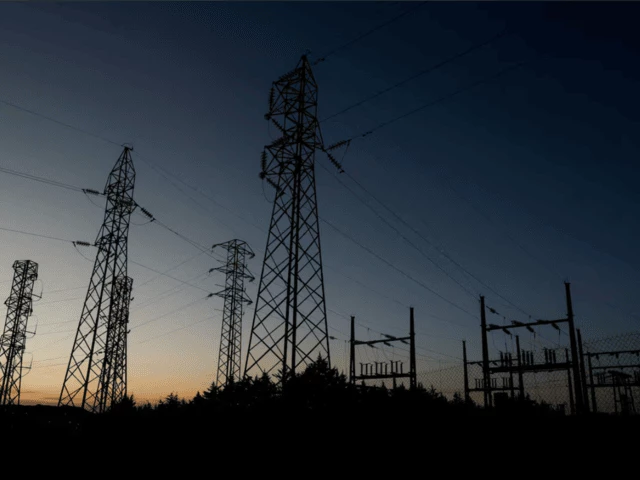The Asian Development Bank (ADB) approved a $330 million loan to support Pakistan’s Second Power Transmission Strengthening Project, aimed at improving the reliability and capacity of the national grid.
The funding will support the construction of a 290 kilometer, 500 kilovolt transmission line, along with major upgrades to grid stations in Islamabad and Faisalabad. According to the ADB, the project will allow the transfer of up to 3,200 megawatts of clean energy from the north, which will reduce dependence on imported fuels and help reduce overall energy costs.
It is unclear where precisely this line will be deployed. Other transmission lines include the Dasu transmission line connecting Islamabad West to the Dasu hydroelectric power station via Mansehra; However, “irregularities” and “non-transparent bidding” have caused financial losses in that project.
Read: The government promotes cheaper electricity for factories, but companies do not buy it
The ADB described the approval as a reflection of its strong partnership with Pakistan and said its cooperation on energy sector reforms would continue. The loan package includes $285 million in commercial financing and $45 million in concessional loans.
“By expanding transmission capacity and enabling the supply of low-cost hydropower, the project aims to improve access to clean energy in the energy mix, reduce system costs and support Pakistan’s long-term sustainable economic development,” said ADB Country Director for Pakistan Emma Fan.
This move comes as part of a larger effort by the government as it is seeking approximately $1 billion from the World Bank and ADB for “reforms” and “budget support” to cushion foreign exchange reserves, rather than just project-specific costs. The ADB has also said that the “high costs” of the energy sector and “circular debt” (expected to rise by another Rs 500 billion) remain unresolved threats to Pakistan’s stability.
The National Grid Company (formerly NTDC) has been appointed as the executing agency for the project. Officials noted that the new transmission line is expected to reduce system losses and the frequency of breakdowns, supporting a more stable supply network.
The ADB said the project aligns with Pakistan’s National Energy Policy 2021 and Vision 2025, which prioritize expanding clean energy transmission and improving the performance of the national grid.




